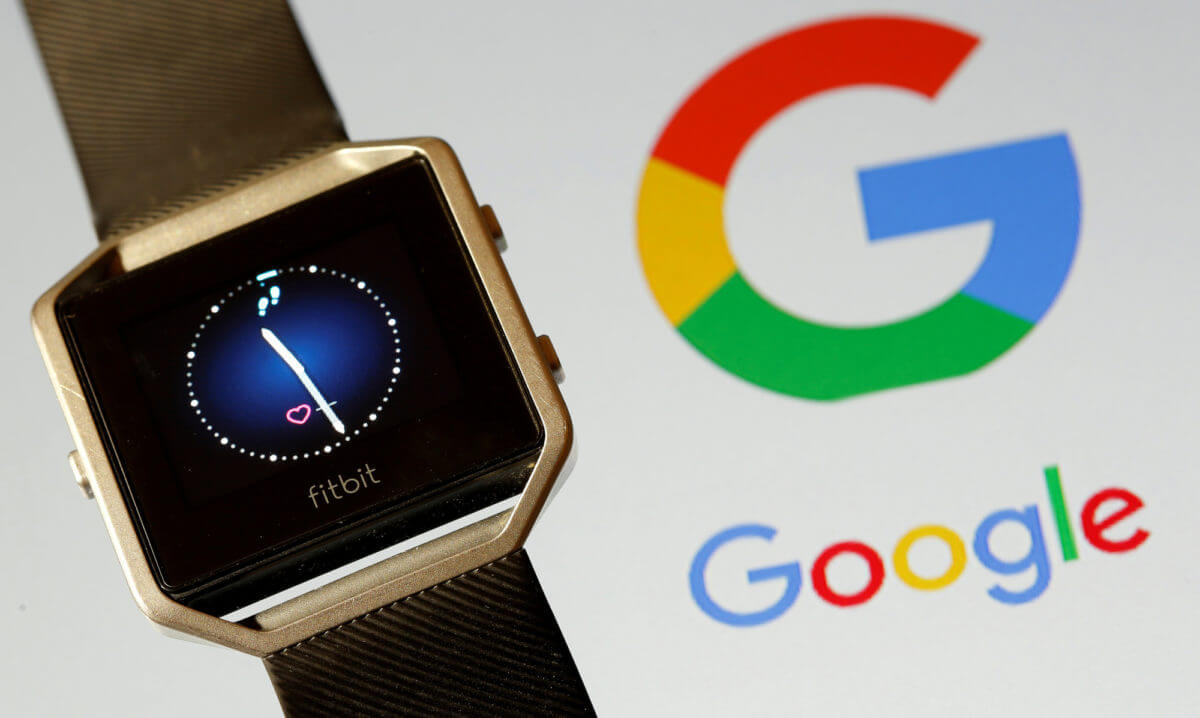
- FitBit data helped Jane Slater catch her boyfriend cheating.
- The use case for wearables data among the police and other emergency services is growing.
- Calls for better privacy protection are getting louder as Google prepares to take over FitBit’s massive customer data pool.
It turns out there could be some drawbacks to wearing a device that monitors your every move, at least if you’re up to no good. Case-in-point: NFL reporter Jane Slater revealed that she found out her ex-boyfriend was cheating by reviewing his FitBit data. When he disappeared late one night and his heart rate data showed increased activity around 4 am, Slater ruled out the possibility of a late-night gym session and discovered he was cheating.
Source: Twitter
Ironically, the boyfriend in question gifted the device to Slater for Christmas. She says the two paired their devices and shared physical activity data for motivation. But when he was, “unaccounted for at 4am and his physical activity levels were spiking on the app” she realized he was being unfaithful.
More than Just Health Data
Slater isn’t the only one using the data from wearables to solve mysteries. The devices have been used by police as well. Police in the UK used the location data from a Garmin Forerunner watch to convict Mark Fellows, a notorious hitman, back in 2015. The watch gave police an outline of Fellows’ escape route from his victim’s home.
Wearables are more than just cool gadgets. Their data collection powers are invaluable to big tech firms | Source: Saeed KHAN / AFP
An Apple Watch’s heart rate data was used as evidence in an Australian murder investigation as well. Caroline Nilsson claimed that her mother-in-law Myrna Nilsson had been attacked in her home. But the heart rate data from Myrna’s Apple Watch showed that Caroline’s description of events was wildly inaccurate, leading prosecutors to point the finger at Caroline herself.
In 2017 police were able to charge Richard Dabate for the murder of his wife using the data from her FitBit after he lied about what had happened. Again, the FitBit’s recorded movements contradicted Dabate’s statement causing investors to look more closely at Dabate himself.
FitBit Comes With a War Chest of Data
Any way you slice it, wearables’ ability to track people’s movements adds up to more surveillance. In the case of Slater and her cheating ex, the additional surveillance came from willingly sharing data with a partner. But in most cases, the surveillance is coming from big tech companies who are amassing enormous amounts of data.
Source: Twitter
With Google about to takeover FitBit’s customer data, privacy has become a major concern. Twenty-eight million FitBit users have been tracking everything from their heart rates to their menstrual cycles using their devices, and Google is about to gain access to all of that.
While Google and FitBit have both said user data won’t be used for advertising, it’s unclear what exactly the search-engine giant plans to do with it. The firm has been making its way into the healthcare space for some time, and could potentially use the data to enhance its health-monitoring projects. While that would likely benefit users, it still raises questions about Google having the keys to an enormous vault of personal data.
Google’s Privacy Record Isn’t Great
Health information is a sensitive subject and many people aren’t comfortable with Google having access to it. The firm has been under the microscope recently after several privacy violations prompted outrage among the public. Google secretly accessed millions of Americans’ healthcare data through its partnership with Ascension, one of the U.S.’ largest healthcare systems. The end goal was to create a diagnosis tool to help doctors, but many say accessing sensitive information without explicit consent violates ethical codes.
Google’s home assistant also came under fire after it was revealed that the devices sometimes turn on and record audio accidentally. Even more shocking was the fact that Google has been sending a percentage of all of the devices’ recordings to human transcribers to improve the firm’s voice-recognition capabilities.
The bottom line is that wearables have made us all more trackable, but whether that’s a good thing remains to be seen. Technology has advanced faster than privacy laws and that’s allowed companies like Google, Amazon and Facebook to build entire businesses around customer data. Who should have access to that data remains a heated debate that has the potential to disrupt the industry for years to come.
This article was edited by Sam Bourgi.







